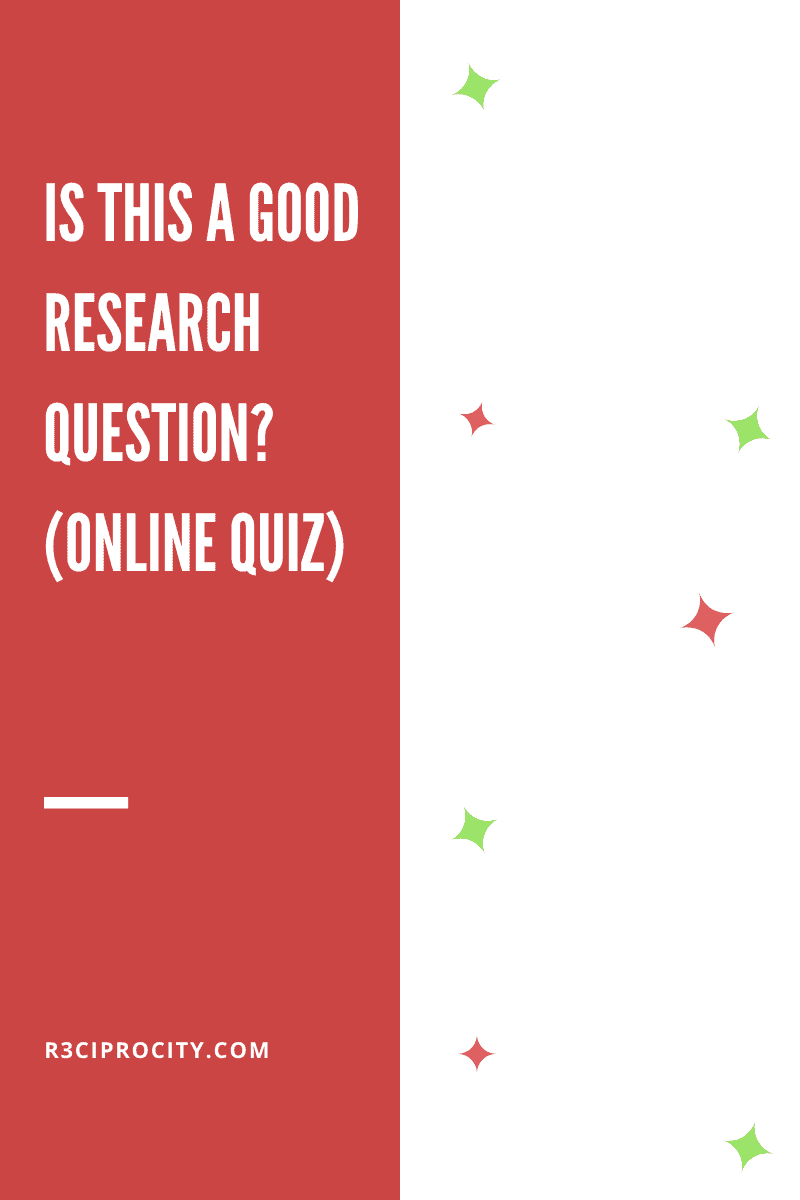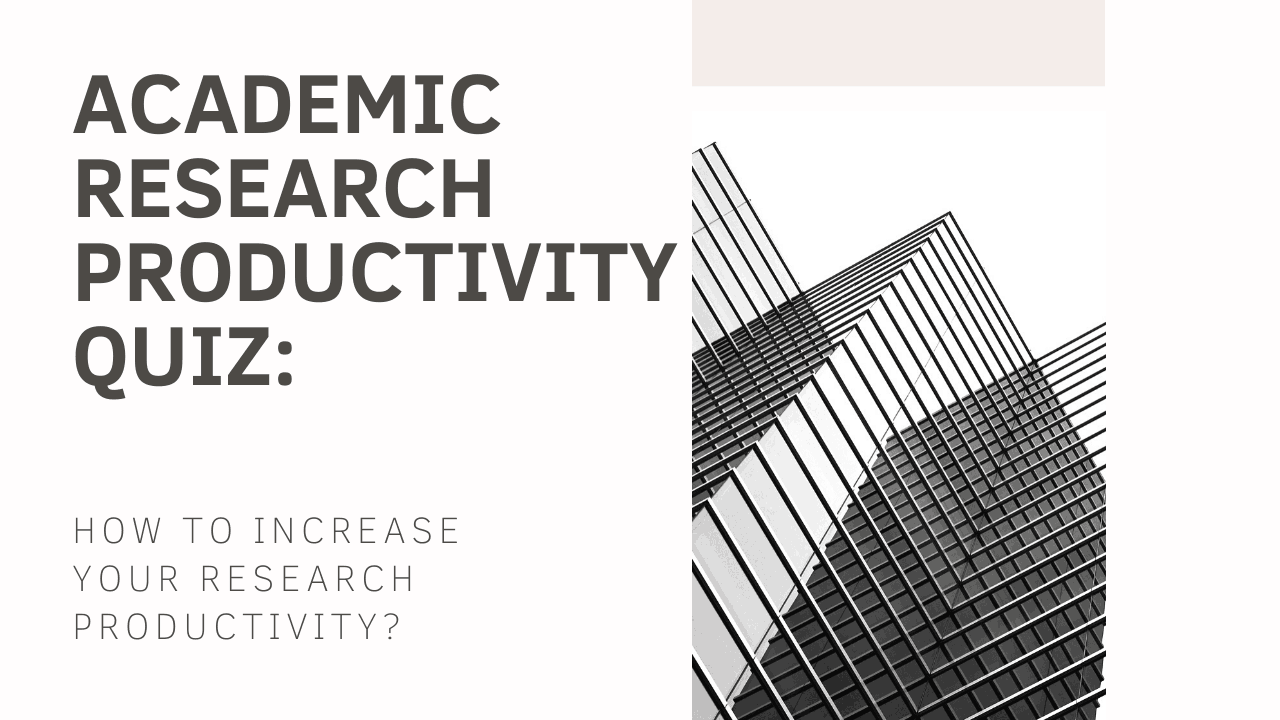This is a online quiz to help you decide whether your research question is good, and should be pursued. Knowing what is a good research question is challenging, and most people do not know if they have a good research question or not before they begin. This is an online quiz to help you self-assess whether you believe you should pursue the research question.
Do you have a good research question? Should you even start doing research with that research question? There is a lot of work involved in doing research, and you should likely use this online quiz to see if you should start the research project. I created this decision tool / quiz to help you make that decision.
I created the R3ciprocity project to help us do better research and be better writers. I wanted to create a software / movement that was nice to others. Of course, my goal is to help you, no matter who you are. Look me up if you are interested. Enjoy! If you want to buy credits on r3ciprocity.com to get help with your writing and research, click this link.
– David Maslach
Purpose:
In June 2021, I polled the R3ciprocity community on YouTube on “How do you know that you have a good research question?” This community is primarily based on PhDs, professors, and potential PhDs. (If you want to help validate any of these measures, and want to conduct experiments, let me know). 901 responses are included in this poll.
Privacy and Legal Stuff:
That being said, this is not based on research, and is only for fun only. Everything on the R3ciprocity community that aids research will be fully-vetted by Institutional Review Boards, and Ethics Board; and you will have consent.
At this moment, this is just for fun. By clicking and proceeding with the online survey, you realize and give consent that this is just for fun, and will not be used for research purposes, and this information will not be sold to third-parties.
Method:
This is based on a weighted average of your responses, based on the following questions:
1.What are the most important features of a research question?
2. What is the most important aspect of a research question?
3. How do you know that you have a good research question?
I selected the top three items from each question to create this quiz. These are items that most people believe are important for good research questions.
The items are based on a simple likert scale of how you believe you stand with your application.


